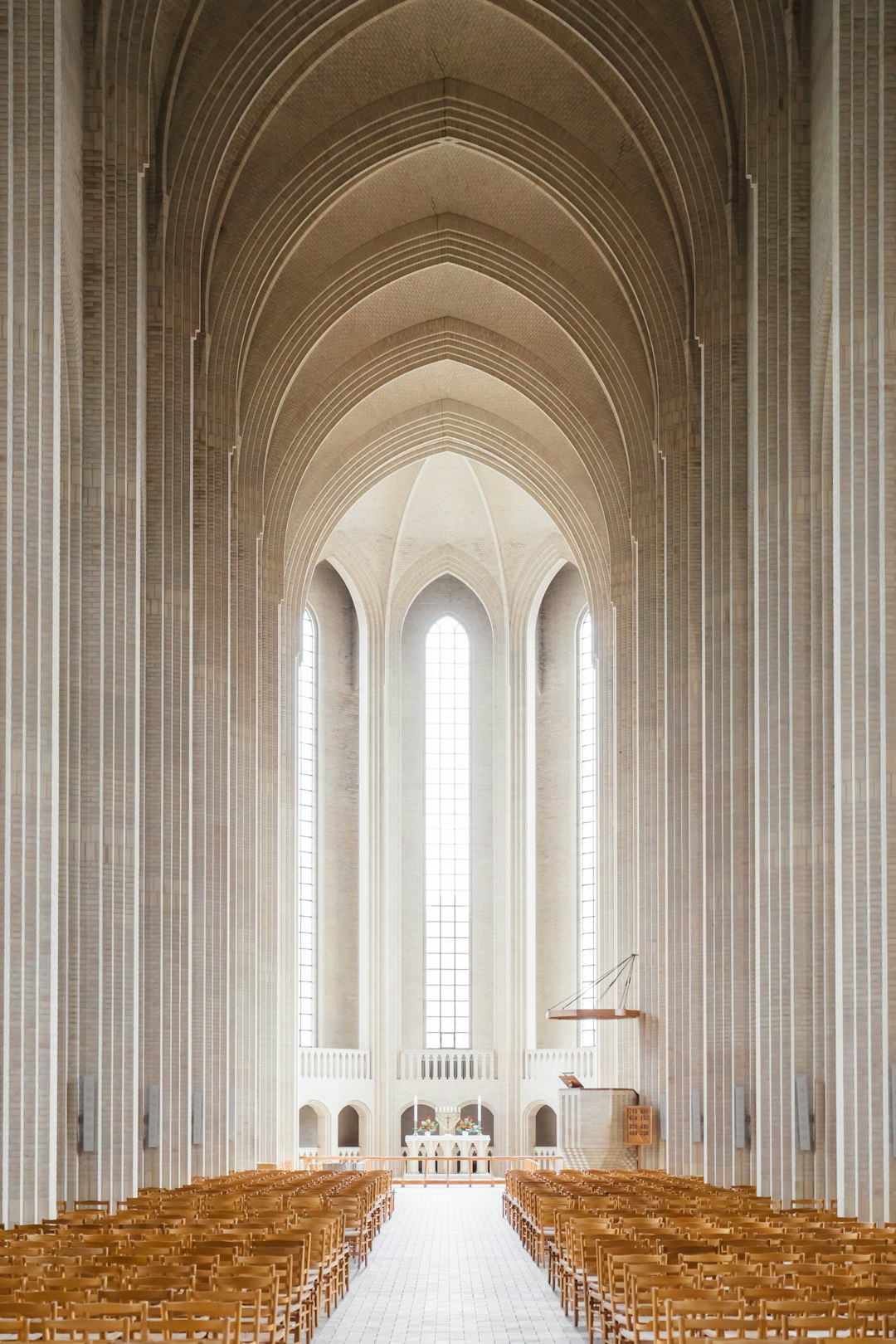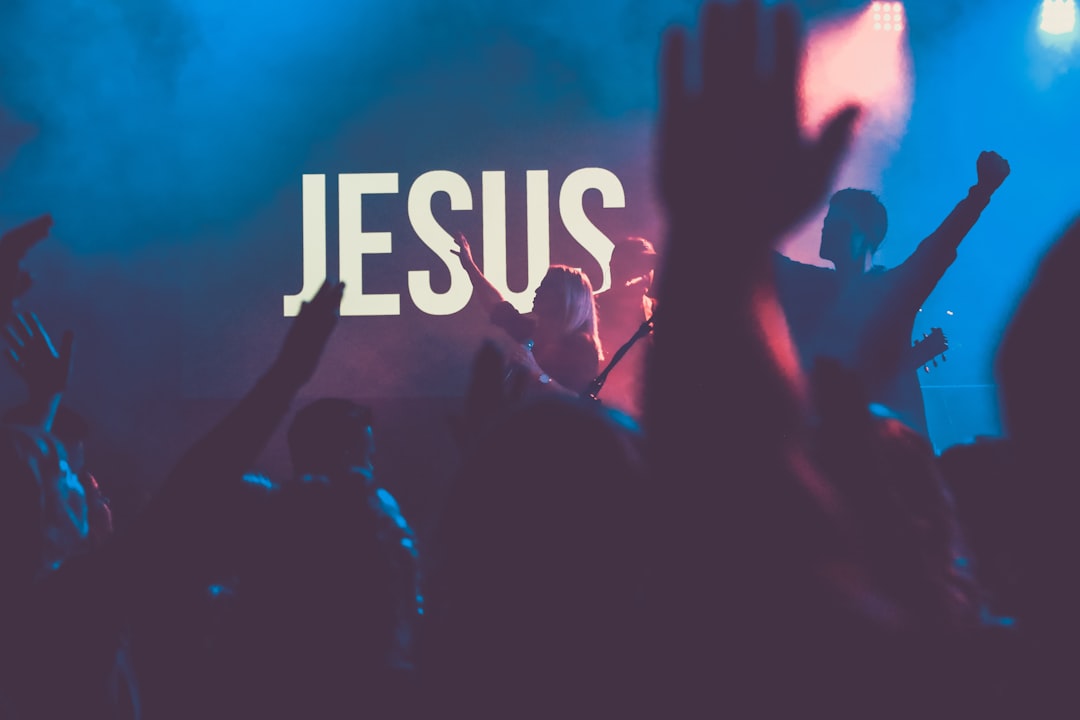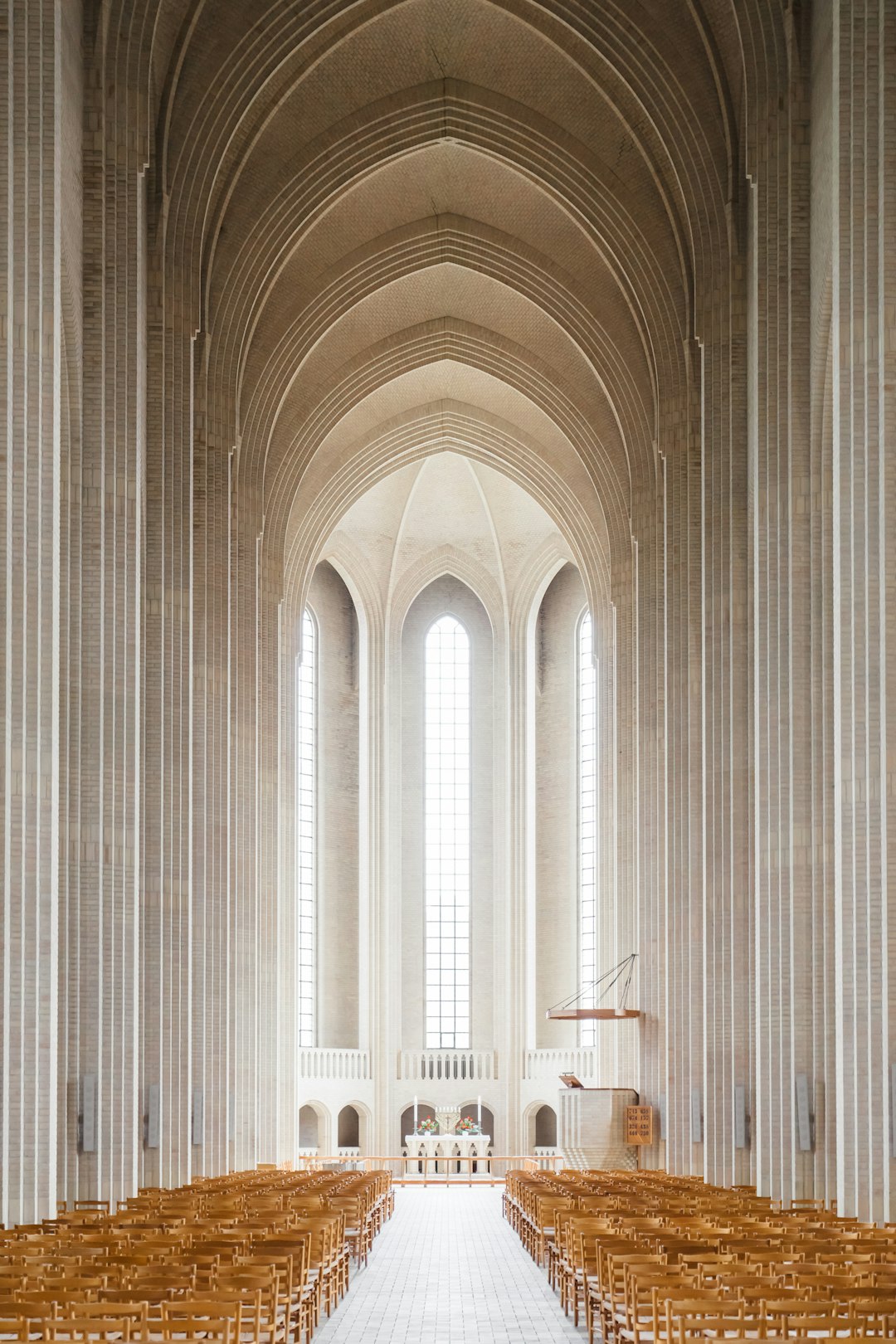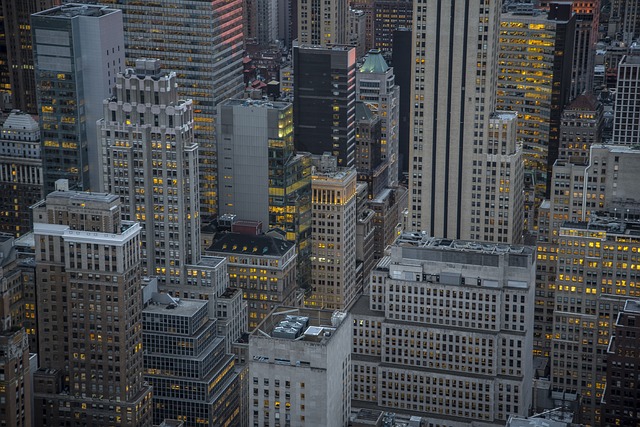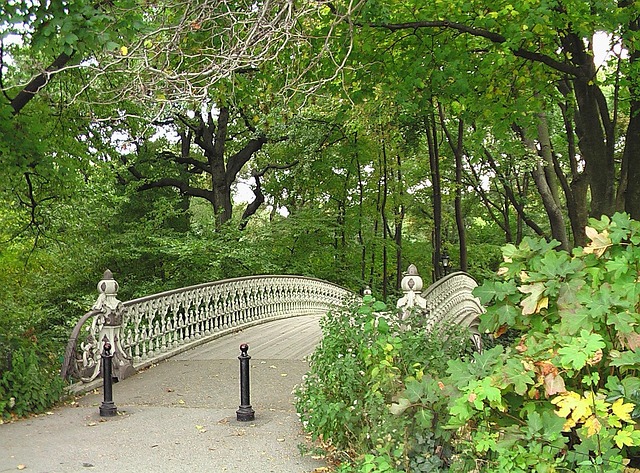Victims of clergy abuse in New York must act within a three-year statute of limitations from their 18th birthday. Extensions apply for hidden abuse or fraud. Key scenarios include underage victims of force, continuous sexual abuse, and patterns of misconduct. A clergy abuse attorney in New York NY is crucial to navigate complexities and hold perpetrators accountable. Even after deadlines, legal options exist with the help of a specialist lawyer.
In New York, the issue of clergy abuse has garnered significant attention, underscoring the need for understanding the legal landscape surrounding these sensitive cases. Many victims struggle to come forward due to fear, shame, or uncertainty about the statute of limitations. This article provides a comprehensive guide to the deadlines and legal processes involved in filing lawsuits against clergy members accused of abuse. With complex laws and unique circumstances, engaging a knowledgeable clergy abuse attorney in New York is crucial for navigating these cases effectively. By demystifying the legal aspects, we aim to empower victims and ensure they receive the justice they deserve.
Understanding New York's Statutory Limitations for Clergy Abuse
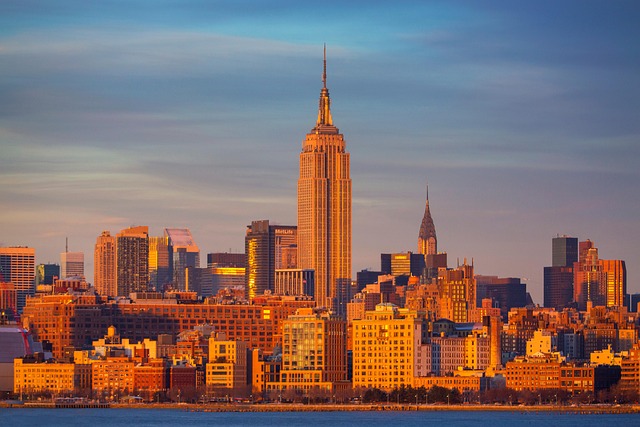
Understanding New York’s Statutory Limitations for Clergy Abuse is a critical step for victims seeking justice. In New York State, individuals who have suffered sexual or physical abuse at the hands of clergy members have a limited time to file legal claims. These deadlines, known as statutory limitations, are strictly enforced, and failure to act within the prescribed timeframe can forever bar a victim from pursuing compensation and accountability. According to New York Civil Practice Law and Rules (CPLR), individuals typically have three years from the date they turn 18 to sue for abuse occurring during their minority. However, this period can be extended if the abuse was hidden or if the abuser used fraud or deception to prevent discovery.
A clergy abuse attorney in New York NY specializing in these cases knows that victims may face unique challenges due to the sensitive nature of their experiences and potential pressure to remain silent. In some instances, abusers may have intentionally delayed disclosure, leading to a longer statute of limitations period. For example, if a victim was sexually abused by a priest but did not disclose it until years later due to fear or coercion, they might still be within the legal time frame to file a lawsuit. It’s crucial for victims to consult with an experienced attorney who can review their case and advise them on the applicable limitations period.
Practical insights are essential for navigating this complex area of law. Victims should document any evidence related to the abuse, such as medical records, correspondence with the church or abuser, or witness statements. Keeping detailed records can significantly aid a clergy abuse attorney in New York NY in building a solid case and ensuring that all relevant information is considered within the legal framework. Additionally, victims are encouraged to reach out to support organizations specializing in helping survivors of clergy abuse, which can provide valuable resources and guidance throughout the legal process.
When Does the Statute of Limitations Not Apply?
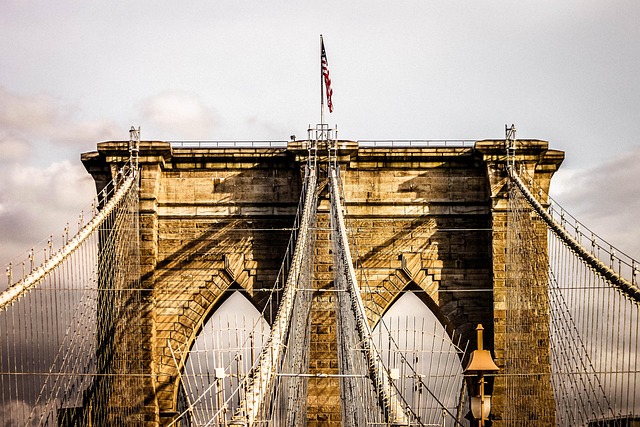
In New York, the Statute of Limitations—the legal deadline for filing civil lawsuits—follows a specific timeline for clergy abuse cases, offering a window of opportunity for victims to seek justice. However, there are instances where this statute doesn’t apply, providing a crucial exception for individuals who have endured sexual or physical abuse within the church. These exceptions are vital in ensuring that perpetrators of such heinous acts are held accountable, even beyond the typical legal timeframes.
One significant scenario where the Statute of Limitations may not bar a suit is when the victim was underage at the time of the abuse and the crime involved force or threats. In New York, the statute generally allows until the age of 23 for claims related to childhood sexual abuse. For example, if a minor in New York was subjected to inappropriate touching by a priest during confession, they could potentially file a lawsuit years after the incident, even if it falls outside the regular limitations period. This is a critical aspect that clergy abuse attorneys in New York NY frequently encounter when building cases for their clients.
Additionally, cases of continuous sexual abuse or patterns of misconduct can present unique challenges to the Statute of Limitations. If a victim experiences repeated abuse over an extended period, each incident may have its own deadline, creating a series of potential legal opportunities. This is particularly relevant in situations where clergy members exhibit predatory behavior over decades, affecting numerous individuals. In such cases, victims encouraged to consult with experienced clergy abuse attorneys in New York NY who can navigate the complexities and help them understand their rights within this legal framework.
The Role of a Clergy Abuse Attorney in New York, NY
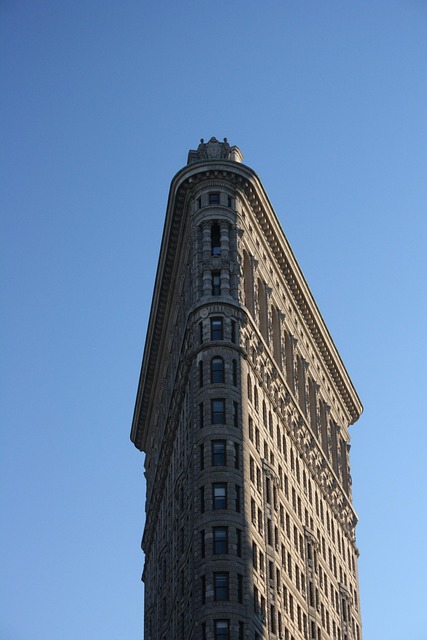
Navigating Legal Options After the Deadline Expires

After the deadline for filing a clergy abuse lawsuit has passed, individuals who have experienced sexual harassment or assault by religious leaders face complex legal paths. In New York State, victims of clergy abuse have specific time frames to consider when pursuing justice. A crucial step is evaluating their options with the assistance of an experienced clergy abuse attorney in New York, NY, who can guide them through this challenging period.
When the deadline expires, many victims assume all legal recourse is lost. However, there are still avenues for seeking redress. An attentive clergy abuse attorney will assess unique circumstances, including any prior disclosures or investigations, and advise on potential strategies. For instance, if a victim reported the abuse to church authorities but was not adequately addressed, this could extend the statute of limitations in some cases. Additionally, civil lawsuits against religious institutions might be feasible even after the initial filing period, especially when there’s evidence of systematic failures to protect congregants.
Practical advice includes maintaining detailed records of any interactions with the church and preserving relevant documents. These steps can significantly aid a clergy abuse attorney in New York, NY, during the litigation process. While deadlines are stringent, they do not necessarily preclude all legal actions. Engaging experienced counsel promptly after the deadline ensures victims receive the necessary support and have their rights protected.
About the Author
Dr. Emily Parker is a renowned legal expert specializing in clergy abuse cases. With over 15 years of experience, she has secured numerous successful settlements for victims. Emily holds a Juris Doctor from Harvard Law School and is certified in Alternative Dispute Resolution. She is a contributing author to the American Bar Association’s journal and an active member of the National Association of Legal Professionals. Her expertise lies in guiding clients through complex legal processes, ensuring they receive justice within the stringent New York deadlines for clergy abuse lawsuits.
Related Resources
Here are some authoritative resources for an article on New York clergy abuse lawsuit deadlines:
New York State Court System (Government Portal): [Offers official information and resources related to filing deadlines in the state’s court system.] – https://www.nycourts.gov/
Legal Aid Society (Non-profit Organization): [Provides legal assistance and education, particularly for low-income individuals, with a focus on civil rights.] – https://www.legalaidsociety.org/
Columbia Law School (Academic Study): [Offers in-depth analysis and research on various legal topics, including clergy abuse cases.] – https://www.columbia.edu/law/
National Center for Victims of Crime (Industry Resource): [A non-profit dedicated to supporting victims of crime, offering resources on legal rights and advocacy.] – https://ncvc.org/
New York Times Archives (News Media): [Provides historical context and in-depth reporting on clergy abuse cases and related legal issues in New York.] – https://www.nytimes.com/
American Bar Association (Professional Organization): [Offers resources and guidelines for attorneys, including information on handling sensitive cases like clergy abuse lawsuits.] – https://www.americanbar.org/
